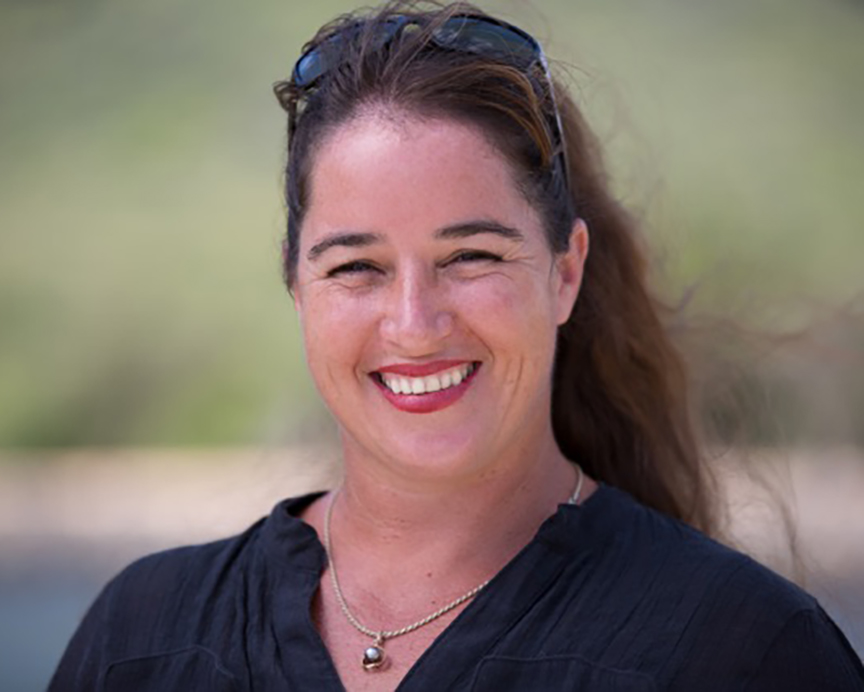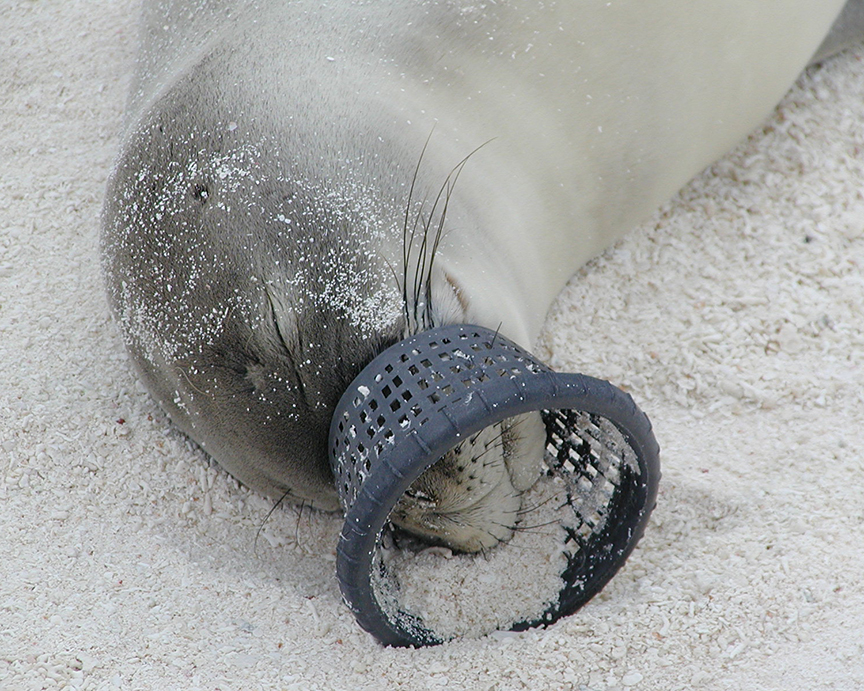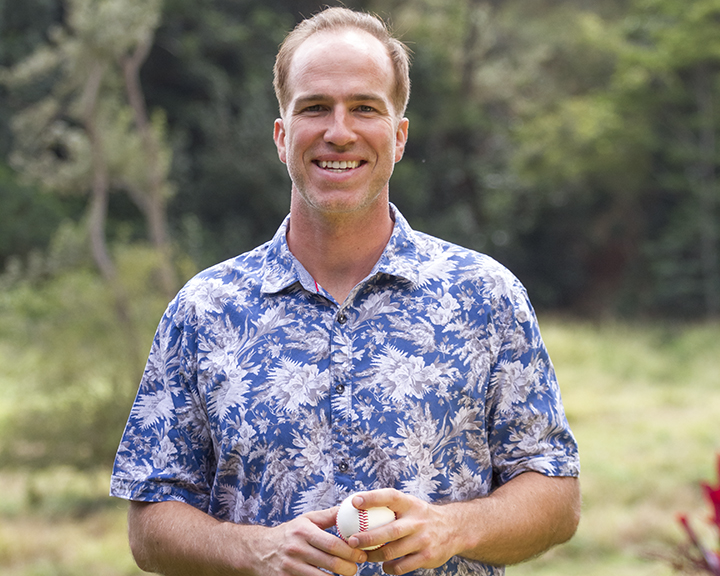
A view from the top of Nounou Mountain, also known as Sleeping Giant, on Kaua‘i’s Eastside.
An epidemiologist is saying Hawai‘i’s rural way of life is a deterrent for the spread of COVID-19, when compared to jam-packed places on the Mainland, according to a recent news report by the University of Hawai‘i.
As the number of COVID-19 cases surge in cities like New York, some in Hawaiʻi fear an exponential rise in the Aloha State is imminent. There is a statewide stay-at-home order in effect and practicing social distancing remains crucial to stem the spread. But Alan Katz, an epidemiology professor at UH Mānoa, said because a majority of Hawaiʻiʻs communities are rural, it could help lessen the chance of a major outbreak.
“We only have one urban center in Honolulu and the rest of the islands are rural including any spot on Oʻahu that’s outside of Honolulu, that’s considered rural. So that’s good. People are less densely populated,” said Katz, adding it gives the state some leeway in minimizing the spread of the highly infectious virus.
Because the incubation period for COVID-19 is up to 14 days, Katz said Hawaiʻi will inevitably see more cases during the statewide lockdown but is hopeful it won’t be a steep increase. In order to avoid a major outbreak, he urges everyone to take health guidelines seriously.
“The most important thing you can do is maintain social distancing. Stay 6 feet away from each other. That’s going to really dramatically mitigate person to person spread of this. If you’re not essential, if you’re supposed to be at home try to stay at home. Don’t aggregate in groups,” Katz said.
According to researchers, COVID-19 is much more contagious than the seasonal flu.
Discover more from ForKauaiOnline
Subscribe to get the latest posts sent to your email.





Thank you very much for sharing, I learned a lot from your article. Very cool. Thanks. nimabi
I don’t think the title of your article matches the content lol. Just kidding, mainly because I had some doubts after reading the article. https://www.binance.info/sk/join?ref=WTOZ531Y